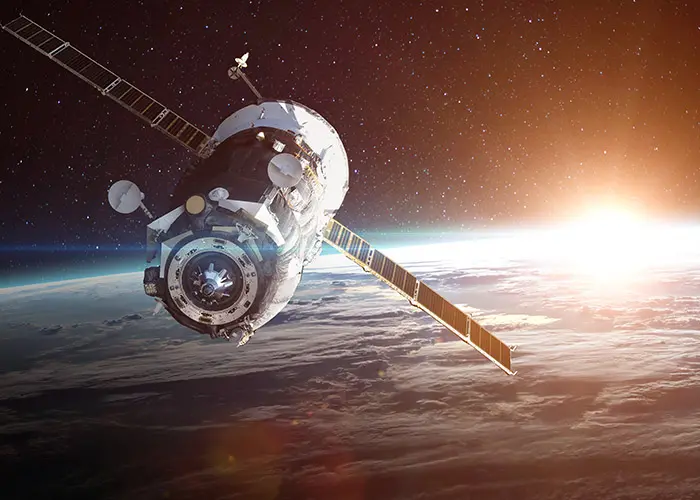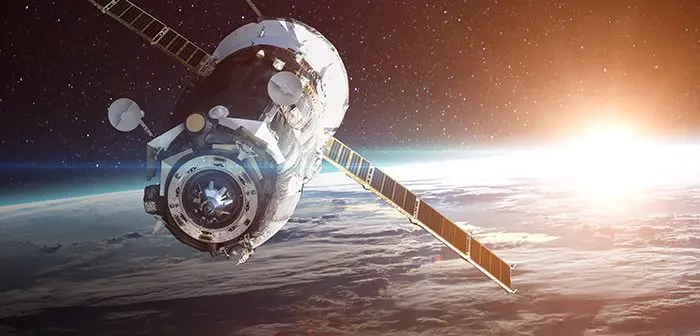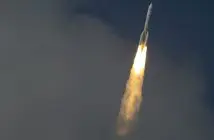
The Australian Government has awarded Space Machines Company UAD8.5 million as part of its International Space Investment (ISI) India Projects launched this week.
As a result, the in-space servicing company will create a joint industry-led Australian-Indian mission called Space MAITRI to demonstrate progress towards space debris management and a sustainable space future.
The ISI India projects program, delivered by the Australian Space Agency and Department of Industry, Science and Resources Grants Delivery and Business Services, builds upon the broader 2018 ISI initiative.
Key objectives of the Space MAITRI mission include an in-orbit demonstration of space situational awareness and debris mitigation payloads, including new AI tools for inspection and removal, the integration of Australian and Indian space supply chains and manufacturing capabilities, and joint research and academic exchanges to develop space industry skills.
“This joint mission exemplifies the strategic alignment between Australia and India in space technology research and innovation. We are grateful for the support of both the Australian Government and the Australian Space Agency,” said Space Machines Company CEO Rajat Kulshrestha. “By working together, we can protect our orbital environment while fostering commercial opportunities that benefit both nations.”
Space Machines Company will lead the Space MAITRI mission to demonstrate technologies to make space sustainable. It says the proliferation of satellites launched by various entities has rapidly increased the amount of space debris encircling the Earth, posing an escalating threat to future space ventures and astronaut safety. Addressing this and improving in-space services have become pivotal.
Space MAITRI will incorporate Space Machines Company’s Australian-built Orbital Servicing Vehicle, which will be integrated and launched from India on an Indian Space Research Organisation (ISRO) rocket. The mission will showcase advanced manufacturing, artificial intelligence, and sustainability technologies through a close space sector supply chain and research partnership between the two nations.
Space MAITRI will also allow Space Machines Company to take the next step on its journey and build a further vehicle at its facility in Botany, Sydney.
“Our vision is to provide long-term roadside assistance in space, where spacecraft are repaired, refuelled, refurbished, recycled and removed at the end of life,” said Kulshrestha.
The Space MAITRI project will likely result in one of the largest ever Australian spacecraft being built (at around 500kg) and potentially the first Australian payload to fly on an Indian rocket as a dedicated launch.
For the Space MAITRI mission, Space Machines Company will partner with Indian companies Digantara and Ananth Technologies. Digantara will provide their proprietary optical sensor to image and track resident space objects in low Earth orbit. Once integrated onto the platform, the sensor will provide exceptional sensitivity, tracking accuracy and revisit rates, significantly improving monitoring capabilities in orbit.
Ananth Technologies will contribute engineering expertise and access to cleanroom facilities for integration and testing. Space Machines Company says working with these companies aligns with Space MAITRI’s goals of fostering international cooperation and advancing space sustainability technologies.





